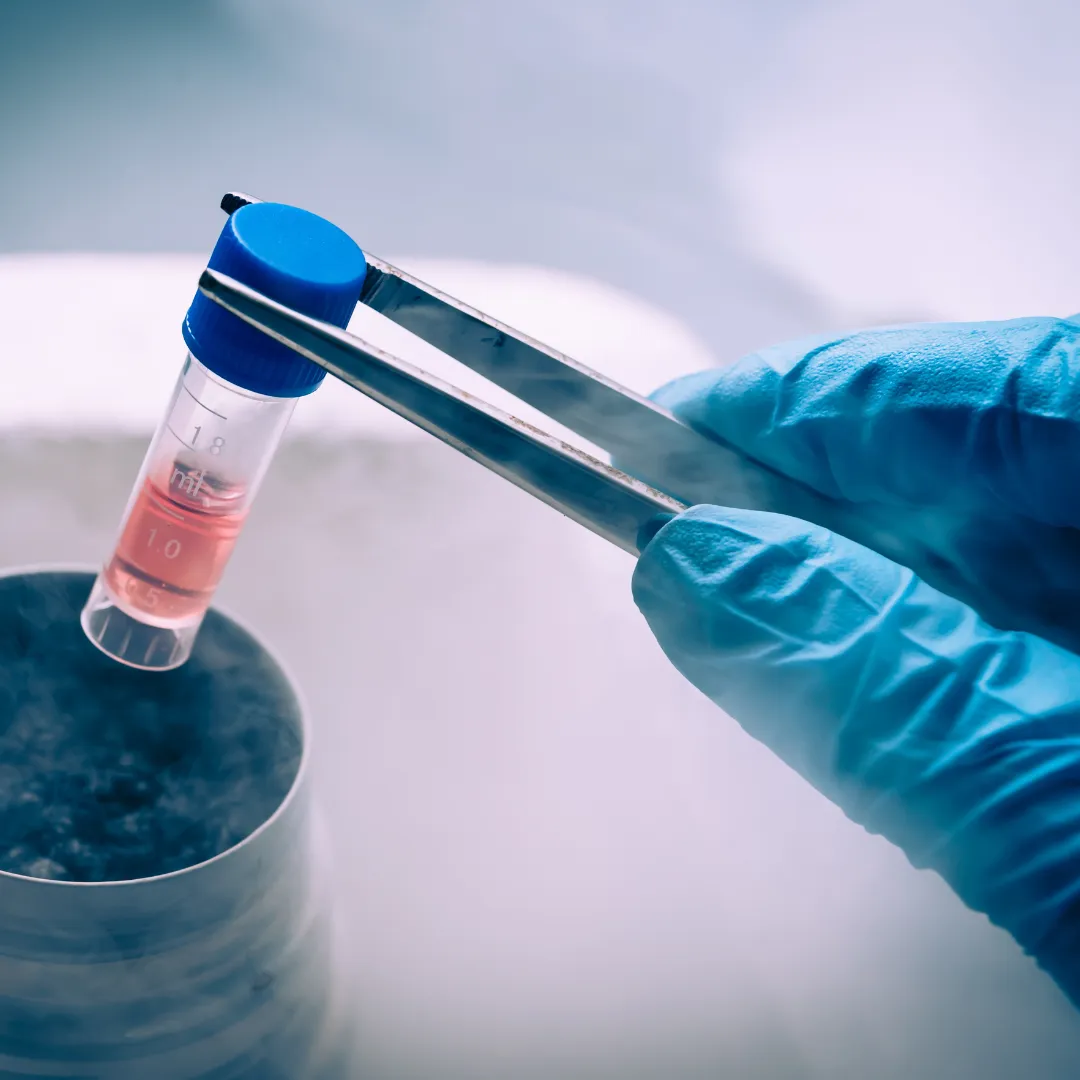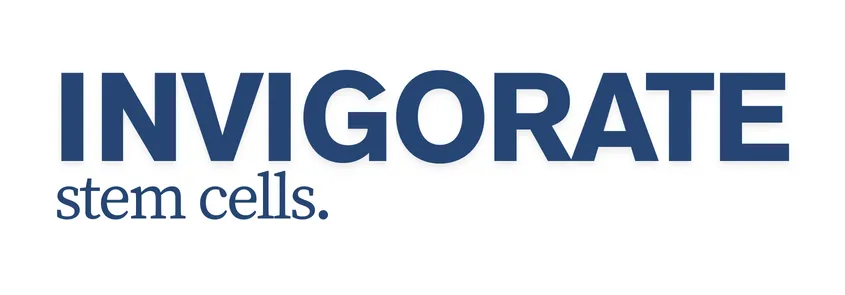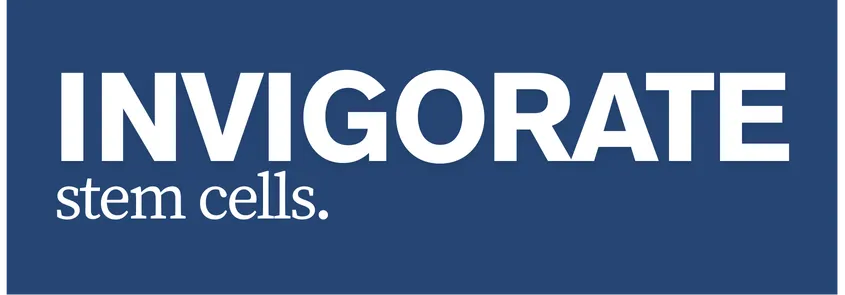Regenerative Wellness, Backed by Science - Now Legal in Utah
Explore placental-derived stem cell therapy to support joint health, inflammation, and
natural recovery — with full transparency and care.
Why Choose Stem Cell Therapy?
Non-Invasive: Stem cell therapy offers a non-surgical alternative to traditional treatments, avoiding the risks and lengthy recovery times associated with surgery.
Quick and Effective: Most treatments are performed in a single session, with minimal downtime, allowing patients to return to their daily activities quickly.
Regenerative: Stem cells promote the natural healing and regeneration of tissues, enhancing the body's ability to repair itself.
Versatile: This is effective for a wide range of conditions, including chronic pain, injuries, hair loss, skin rejuvenation, and anti-aging.
Conditions We May Support
Stem cell therapy is being explored by individuals seeking support for:
JOINT DISCOMFORT
INFLAMMATION
SOFT TISSUE RECOVERY
ANTI-AGING
CHRONIC PAIN & INJURIES
HAIR LOSS & SKIN REJUVENATION
About Stem Cell Therapy
What Are Stem Cells?
Stem cells are the body’s natural repair system. They can develop into various types of tissue and may support the body’s healing processes.
We use only placental-derived stem cells, ethically collected from healthy, full-term births. No fetal or embryonic cells are used.
Is it safe?
This therapy is considered investigational and is not approved by the U.S. FDA. We follow Utah's legal requirements for full written disclosure, informed consent, and physician oversight. We encourage you to consult your primary care provider before proceeding.

Frequently Asked Questions
Are stem cells legal in Utah?
Yes! As of 2024, Utah law allows placental-derived stem cell therapy under specific conditions. You can see the law here.
Is it FDA approved?
No. Stem cell therapy is considered investigational and is not approved by the U.S. Food and Drug Administration.
Where do the stem cells come from?
From donated placentas of healthy, full-term births. These are screened and processed in accordance with strict safety guidelines.
Will this cure my condition?
No. This therapy does not cure medical conditions and results vary from person to person.
Who can receive stem cell therapy?
Eligible individuals are determined after a clinical assessment. We do not treat pregnant individuals, those with autoimmune disorders, or cancer patients without clearance from their primary care provider.
What are stem cells?
Stem cells are undifferentiated cells that can develop into various specialized cell types. They play a crucial role in repairing and regenerating tissues throughout the body.
How does stem cell therapy work?
Stem cell therapy involves injecting stem cells into damaged tissues to promote healing and regeneration. These cells can differentiate into the specific cell types needed to repair the damaged area.
Are results guaranteed?
Unfortunately, no. These treatments really do work and we have an incredible track record. However, like all medical procedures, results vary by patient and the results cannot be guaranteed.
What conditions can stem cell therapy treat?
Stem cell therapy can treat a variety of conditions, including chronic pain, injuries, hair loss, skin rejuvenation, and anti-aging.
Is stem cell therapy safe?
Yes, stem cell therapy is generally considered safe. We use ethically sourced placental stem cells and follow strict protocols to ensure the highest standards of safety and efficacy.
What is the recovery time after stem cell therapy?
Recovery time varies depending on the treatment. Most patients experience minimal downtime and can return to their normal activities shortly after the procedure.
Are there any side effects?
Most patients experience minimal side effects, such as mild swelling or discomfort at the injection site. Serious side effects are rare.
How soon can I expect to see results?
Results vary by individual and condition being treated. Some patients report improvements within weeks, while others may take several months to experience the full benefits.
Notices and Disclaimer
Individual results may vary. Not all patients will experience the same post-procedure recovery and activity level. Consult your physician to discuss the potential benefits and risks.
As with any medical procedure, there are risks including soreness, redness, swelling, and/or pain. Needle access is required (size, location, and depth vary depending on the procedure), which may result in discomfort, pain, bruising, tenderness, bleeding, swelling, or infiltration at the injection site. Other possible symptoms include lightheadedness, fainting, nausea, or vomiting. There is a slight risk of infection at the injection site and minimal risk of adverse reactions or complications as with any other injection procedure. There is minimal concern for disease transmission, allergic reaction, or tissue rejection. Patients with chronic medical conditions such as autoimmune diseases, diabetes, heart or lung disease, circulatory diseases, or obesity may require extreme caution.
Rare but potential risks and complications include allergic reactions to the local anesthetic, damage to underlying structures, hematoma or seroma (an accumulation of blood or fluid under the skin that may require removal), changes in sensation, unsatisfactory results necessitating additional procedures, permanent discoloration caused by a ruptured blood vessel at the treatment site, calcification, perioperative bleeding, a blood clot at the treatment or donor site, infection, scar tissue, and a fat embolism caused by a fat injection mistakenly directed into a blood vessel, and death.
This information is for educational purposes only. Consult your doctor to determine if a stem cell procedure is suitable for you. Individual results vary, and not all patients will return to the same activity level. The longevity of any procedure is limited and depends on factors such as patient weight and activity level. Your doctor will advise you on post-procedural care strategies. It is essential to follow your physician’s instructions regarding post-procedure activity, treatment, and follow-up care. Ask your doctor if a stem cell procedure is appropriate for you.
THIS NOTICE MUST BE PROVIDED TO YOU UNDER UTAH LAW. This health care practitioner performs one or more stem cell therapies that have not yet been approved by the United States Food and Drug Administration. You are encouraged to consult with your primary care provider before undergoing a stem cell therapy.

COMPANY
CUSTOMER CARE
LEGAL
Copyright 2026. Invigorate Stem Cells. All Rights Reserved.
